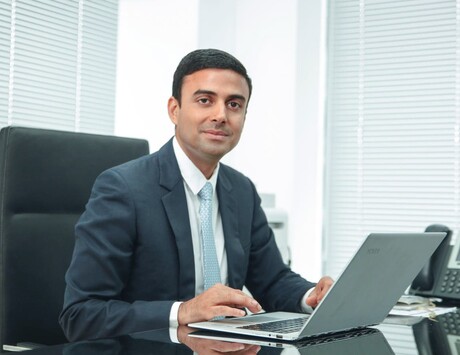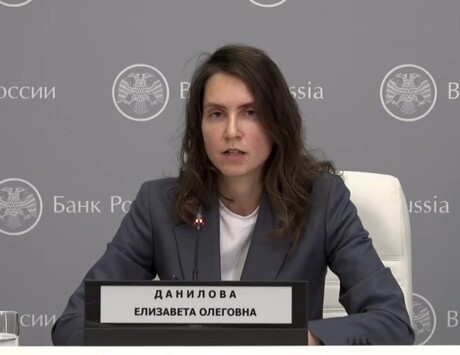Masked police officers armed with automatic weapons conducted a raid on Tuesday of a bank belonging to the billionaire Aleksandr Y. Lebedev, who owns Russia’s pre-eminent opposition newspaper and two London-based newspapers, The Evening Standard and The Independent.
Shortly after 11 a.m., several dozen armed men in balaclavas and black uniforms surrounded the glassy office building without warning and entered the National Reserve Bank. According to a report in the newspaper Novaya Gazeta, masked men entered Mr. Lebedev’s office and asked to speak with him; when he told them the documents they sought were not on the premises, they said they would conduct a search anyway.
In a late-night blog post that included video of the raid, Mr. Lebedev said he was tired and exasperated.
“Don’t get involved in business,” he wrote. “It will cost you too much. And don’t support opposition newspapers.”
Investigators were seeking documents related to a bank that Mr. Lebedev’s company briefly owned and helped restructure after the 2008 financial crash, said Artyom Artyomov, a spokesman for Mr. Lebedev. He said the bank’s previous owners had withdrawn 5 billion rubles, about $162 million, and Mr. Lebedev reported this to the authorities, but there was no follow-up at the time.
A spokesman for Moscow’s police department, Viktor A. Biryukov, said investigators were seeking evidence for a criminal case that was opened some time ago.
Mr. Artyomov described the raid as a “masky show,” a term coined in the 1990s when the police began carrying out dramatic raids on businesses. “For many years, there have been no ‘masky shows’ in Moscow,” Mr. Artyomov said. “If they have any questions, they should come and take the documents. We don’t see any reason to organize this circus.”
The search drew immediate interest because it involved Mr. Lebedev, who stands out from the rest of Russia’s industrial titans for his willingness to tease — and sometimes openly challenge — the Kremlin. A former lieutenant colonel in the K.G.B., Mr. Lebedev ran for mayor of Moscow in 2003, served as a member of Parliament and, more recently, toyed with the idea of founding an opposition party.
Political ventures were common among financiers in the 1990s, but they were all but forbidden under the presidency of Vladimir V. Putin. Mr. Putin ordered the arrest of the billionaire Mikhail B. Khodorkovsky, at the time Russia’s richest man, and the media moguls Vladimir Gusinsky and Boris A. Berezovsky fled the country to avoid prosecution.
Mr. Artyomov said that there were frequent police raids on the National Reserve Bank in the 1990s, but that the last one had occurred in 2001. He said Russian authorities had changed their tactics in dealing with large businesses, promising “that there would be no more masky shows, that they will not try to terrify us.”
Yana Yakovleva, who was passing the site in her car on Tuesday morning, watched a column of young men “with the same short hair and needly eyes” emerge from black cars with tinted windows and head for the office building. “Ten years ago I would have said they were bandits,” she said. “Today, I realized right away that they are law enforcement officers.”
Ms. Yakovleva, an entrepreneur, was herself jailed in 2006 for selling a product without the necessary licenses. The charges against her were dropped, but she formed a nongovernmental organization to help jailed businesspeople and has documented dozens of such raids, though usually on businesses no one has ever heard of.
“The first primal feeling is simply fear,” she said. “All of a sudden 20 armed, aggressive men are rushing into your premises, and they treat you like a criminal — not a potential one, but a real one. There is a clear certainty that in any case, they’ll find something. In any case, you will be a criminal.”



